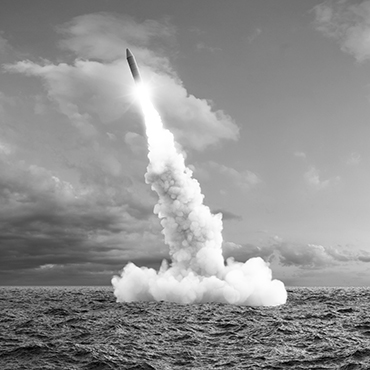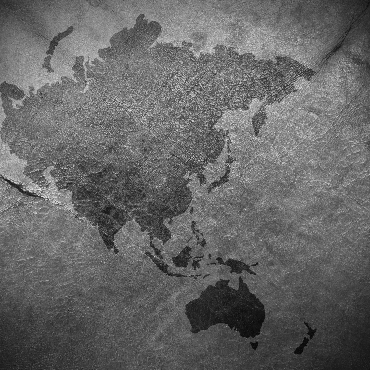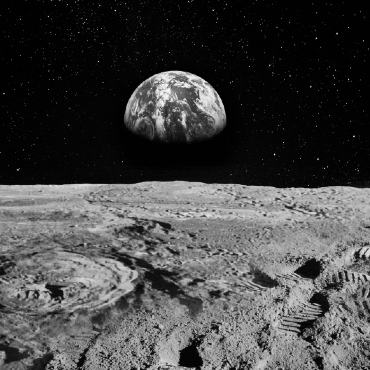Looking Ahead at Russia’s Future
A change in Russia’s government is more likely to take place than conventional wisdom allows.
A change in Russia’s government is more likely to take place than conventional wisdom allows.
The strategic logic underpinning Israel's outreach to Somaliland, in other words, is compelling. It simultaneously provides the country with a strategic foothold opposite Yemen, greater proximity to the ongoing threat posed by the Houthis, a deeper stake in Red Sea security, and the potential to become a much bigger player in African politics. For those reasons, Israel's newest partnership is well positioned to endure.
Today’s internet blackout in Iran, in other words, is merely the most visible manifestation of an accelerating information arms race. Iran’s radical regime is racing to consolidate digital control over its captive population. If it succeeds in doing so, Iran’s brave protesters will find themselves truly cut off from the outside world.
Despite many US inducements, Crown Prince Mohammed bin Salman has turned away from normalization with Israel and broader US alignment in the Middle East.
Big changes are afoot in Eurasia. Over the past several months, the region has undergone a series of tectonic shifts, as countries in Central Asia and the South Caucasus have recalibrated their respective foreign policies and expanded ties with the West. [...] What's different today is that Eurasian states appear to have a different direction in mind. The U.S. should help them pursue it.
Providing cutting edge insights into Central Eurasia, from Turkey to western China
Offering critical analysis on political, military, and social developments in and around the People’s Republic of China
Crafting informed, bipartisan policy toward Islamic extremism in the post-9/11 era
Examining how emerging technologies impact U.S. national security and the future of warfare
Elevating America’s voice in the new Information Age
Mapping security and strategy in Asia and the Indo-Pacific
Analyzing regional security and emerging threats in the greater Middle East
Exploring the politics and security of Russia and Ukraine
Shaping a vision for the next strategic frontier
Helping the United States to navigate a complex international environment











AFPC is widely recognized as a source of timely, insightful analysis on issues of foreign policy, and works closely with members of Congress, the Executive Branch and the policymaking community. It is staffed by noted specialists in foreign and defense policy, and serves as a valuable resource to officials in the highest levels of government.